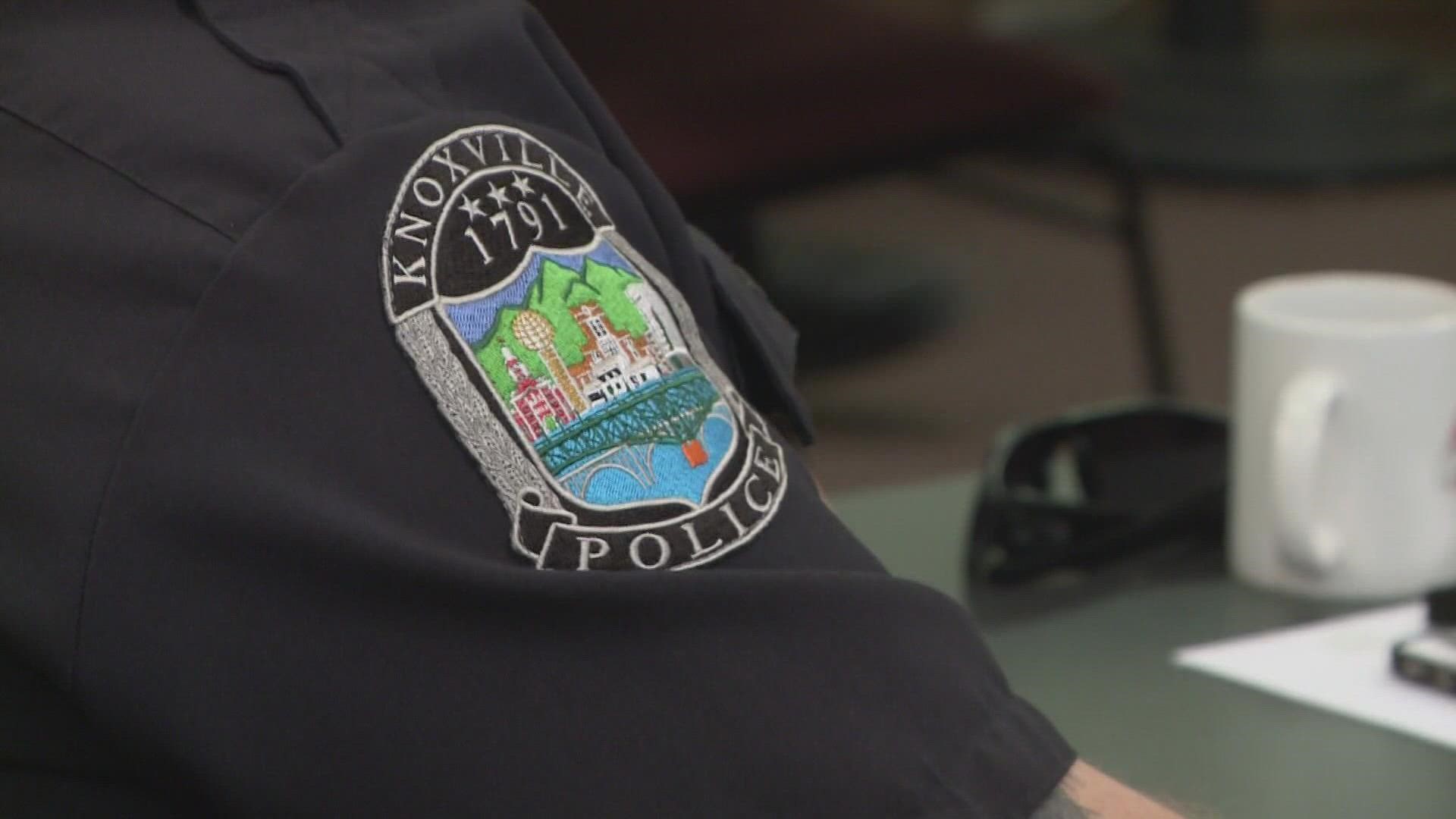KNOXVILLE, Tenn. — The Knoxville Police Department said its co-responder program is showing some encouraging results. The program is a result of a partnership with the McNabb Center to better approach situations where a person may be experiencing a mental health crisis.
The program pairs a behavioral health specialist with a KPD officer to respond when someone needs treatment or to de-escalate instead of arresting them. KPD said that in over 1,700 crisis calls, there was no use of force.
"We're not just there for us, we're not just there for our behavioral health clinician. We're there for the person that we're actively dealing with as well," said Thomas Clinton, a supervisor of the program. "So, our goal is to get everybody as safe as possible.
The program started more than a year ago. KPD said it has helped them approach situations differently, and led to a significant reduction in the times they use force. Participants go through special training during an intense week of training on how to approach people in crisis.
"Once I went through the class, I learned a lot about what mental health really is, and how to how to talk to people in a certain way to try to avoid having to physically get into altercations with individuals and de-escalate verbally," said Clinton.
While both an officer and a mental health expert respond to calls, only one of them approaches the scene, depending on its severity. Both KPD and the McNabb Center said the goal is to get people the help they need as quickly as possible.
"We know that the earlier that we can serve individuals, get to individuals when they're experiencing a crisis — the better the outcomes for that individuals are," said Candace Allen, the senior director of mental health services at the McNabb Center.
Co-responder teams work seven days a week, and KPD said they hope to extend shifts in the future to 24 hours per day. KPD said around one in three calls that the team responds to are from people experiencing suicidal thoughts.
"I think where we meet people and in how we're helping people, getting them to help immediately instead of having to wait for it to escalate or get worse — you can't say enough about it," said Allen.

